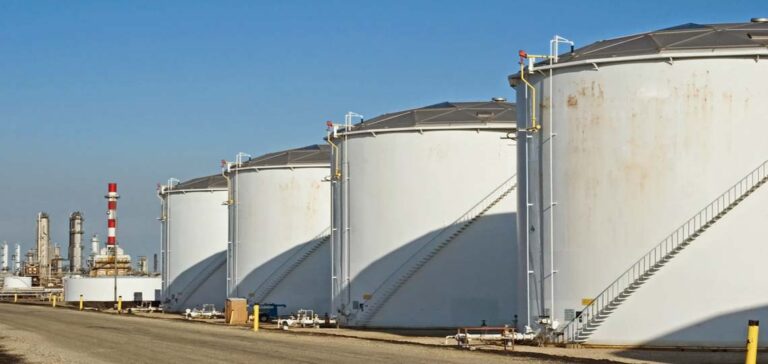Against an uncertain economic backdrop, the oil market is going through a turbulent phase. Recent indicators point to a substantial drop in the cost of oil, signalling a possible deterioration in the global economic outlook. This downward trend was particularly pronounced in morning trading on international markets, where Brent crude oil, the benchmark index for the crude oilsaw its price decline by 0.72% to $81.02, flirting with lows not seen since July.
Impact of Chinese economic data on global demand
Analyzing this phenomenon, Stephen Innes, analyst at SPI AM, attributes the decline primarily to fears about global demand. Disappointing economic data are fuelling these apprehensions on the part of major trading powers. Indeed, the latest statistics on Chinese exports show a rapid and unexpected contraction, with a year-on-year fall of 6.4%. A situation that does not augur well for improved growth in a country traditionally driven by a vigorous export sector.
Impact of German economic performance on European forecasts
The Chinese economy, crucial to the oil market as the world’s largest importer of crude oil, is therefore being closely scrutinized by investors. Moreover, China’s economic health often has a direct impact on global oil demand forecasts, and current indicators could mean a reduction in this demand. The prevailing pessimism is not confined to Asia. In Europe, Germany, the continent’s economic powerhouse, faces its own challenges. German industrial production fell by more than expected in September, particularly affected by the automotive sector. This 3.7% year-on-year contraction is a further illustration of Europe’s economic difficulties.
Reducing oil supply in the face of downward pressure
Analysts at Energi Danmark note that the lackluster economic outlook has helped to erode what they call the “risk premium” associated with tensions in the Middle East. Despite the geopolitical conflicts that usually drive up oil prices, the focus is on economic fundamentals. John Plassard, analyst at Mirabaud, highlights the predominance of demand concerns over the potential impact of supply cuts. Recalling the recent commitment by Saudi Arabia and Russia to voluntarily reduce their production until the end of the year, these measures nevertheless seem insufficient to counterbalance the current bearish forces.
The fall in oil prices, driven by worrying economic forecasts and weakening demand, highlights the global interconnectedness of markets. Investors’ attention remains riveted on the evolution of demand, while the decisions of the major oil-producing countries remain under scrutiny, possibly offering new prospects or intensifying current trends.






















